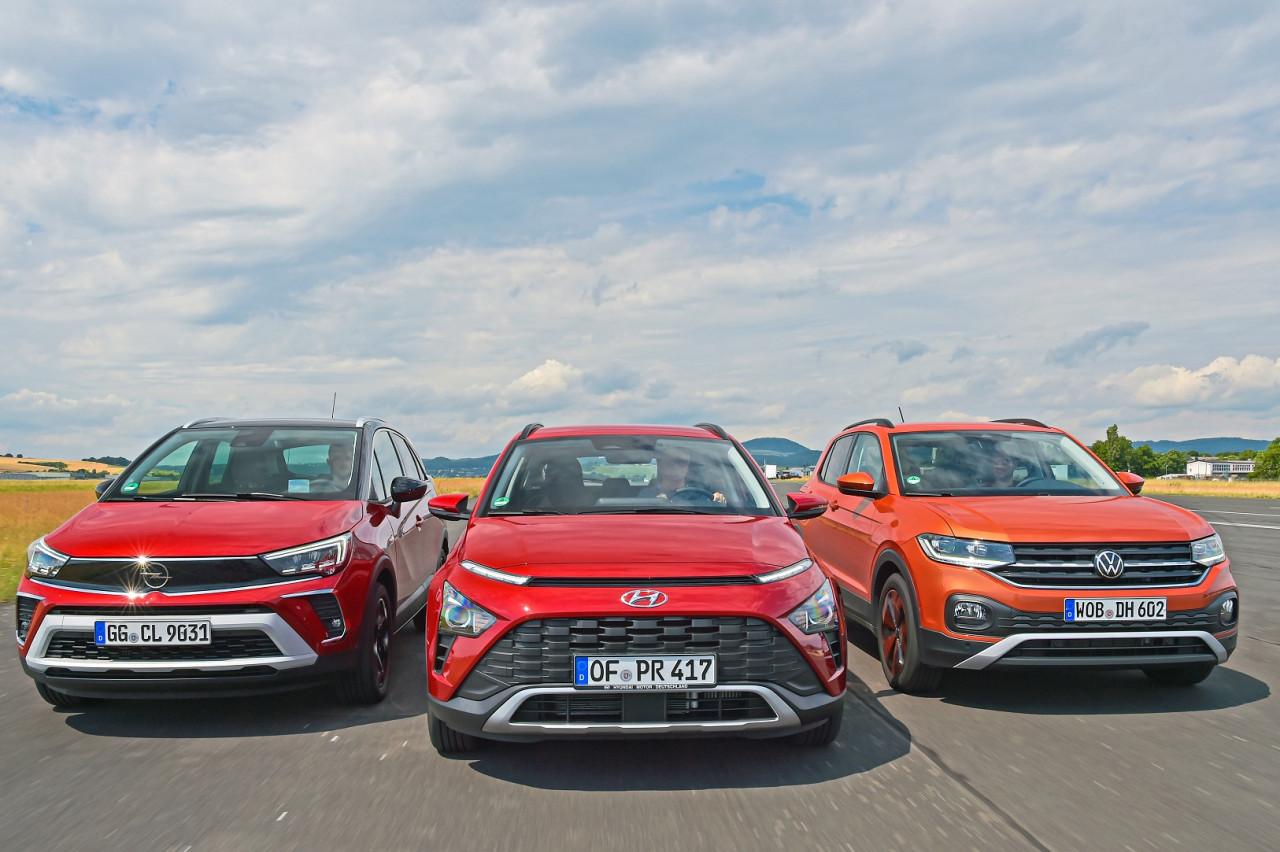If you want to throw the Volkswagen T-Cross off its pedestal, you have to be in very good hands as a provider of a compact SUV. Can the competitively priced and fully equipped Hyundai Bayon win a comparative test with the T-Cross and the Opel Crossland?
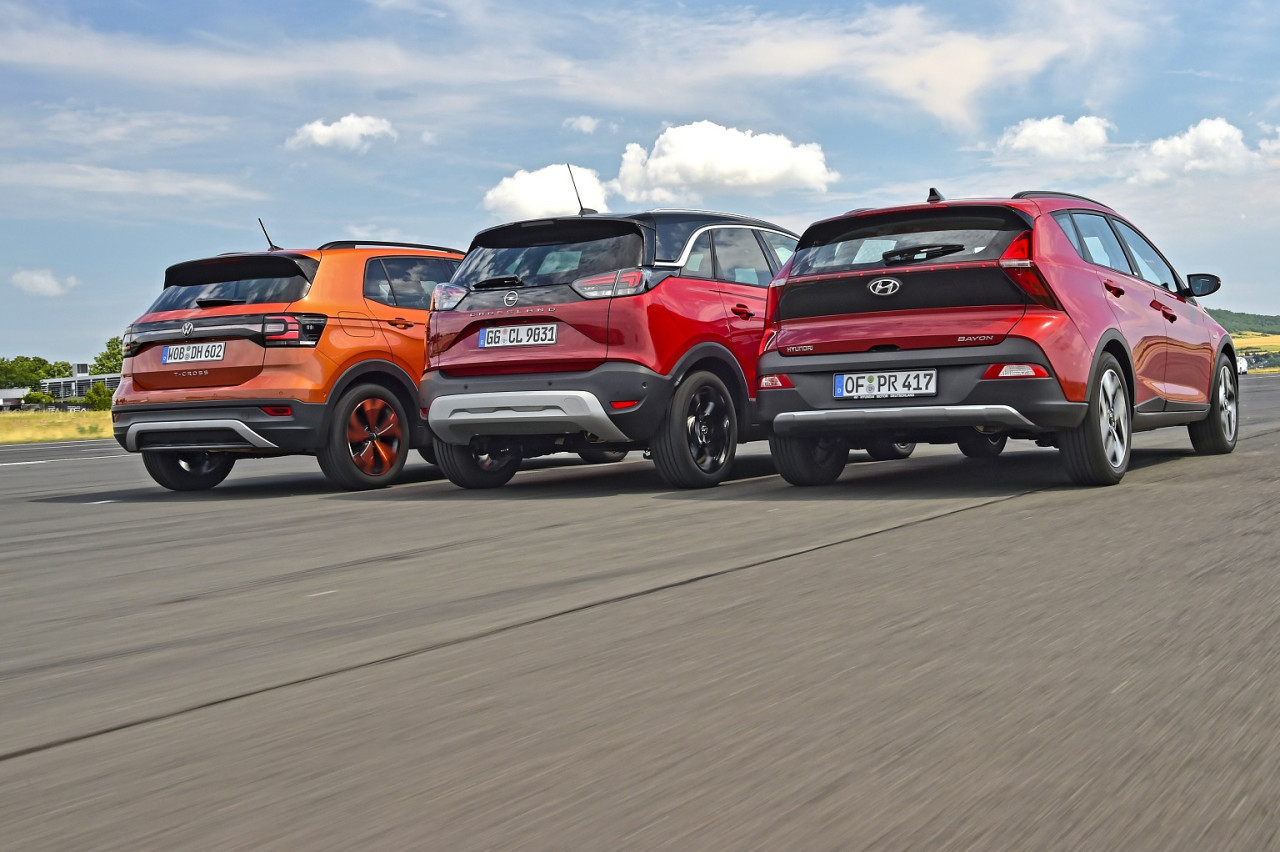
Is the Hyundai Bayon the compact SUV everyone has been waiting for? No, because Hyundai already built the only 2.5 centimeters longer Kona. However, this model is available as a plug-in hybrid and as a fully electric variant. The new Bayon is on the same platform as the Hyundai i20, and unlike the Kona, comes exclusively with a petrol engine. There are two power variants of the three-cylinder turbo block, with 100 and 120 hp. By the way, they are electrified with a 48-volt starter generator, to relieve the combustion engine – as a mild hybrid system – with extra electrical energy.
The Volkswagen T-Cross no longer has to prove itself. Just about everything it should do, it does well – the SUV based on the Polo has proven this many times in a comparative test. It is not only a strong opponent for the new Hyundai Bayon, but for any compact SUV. The Opel Crossland has been around for a few years, but was recently refreshed. This ‘phase 2’ Crossland is recognizable by the so-called Vizor nose, as it also adorns the Opel Mokka and the new Astra. Anyway: we have extensively tested the Bayon, Crossland and T-Cross and you can read our assessment in Auto Review number 10. Here we shed light on one important topic from the test: their qualities as a family car, in terms of space and safety. .
Stay informed of the very latest car news and subscribe to the Auto Review newsletter!
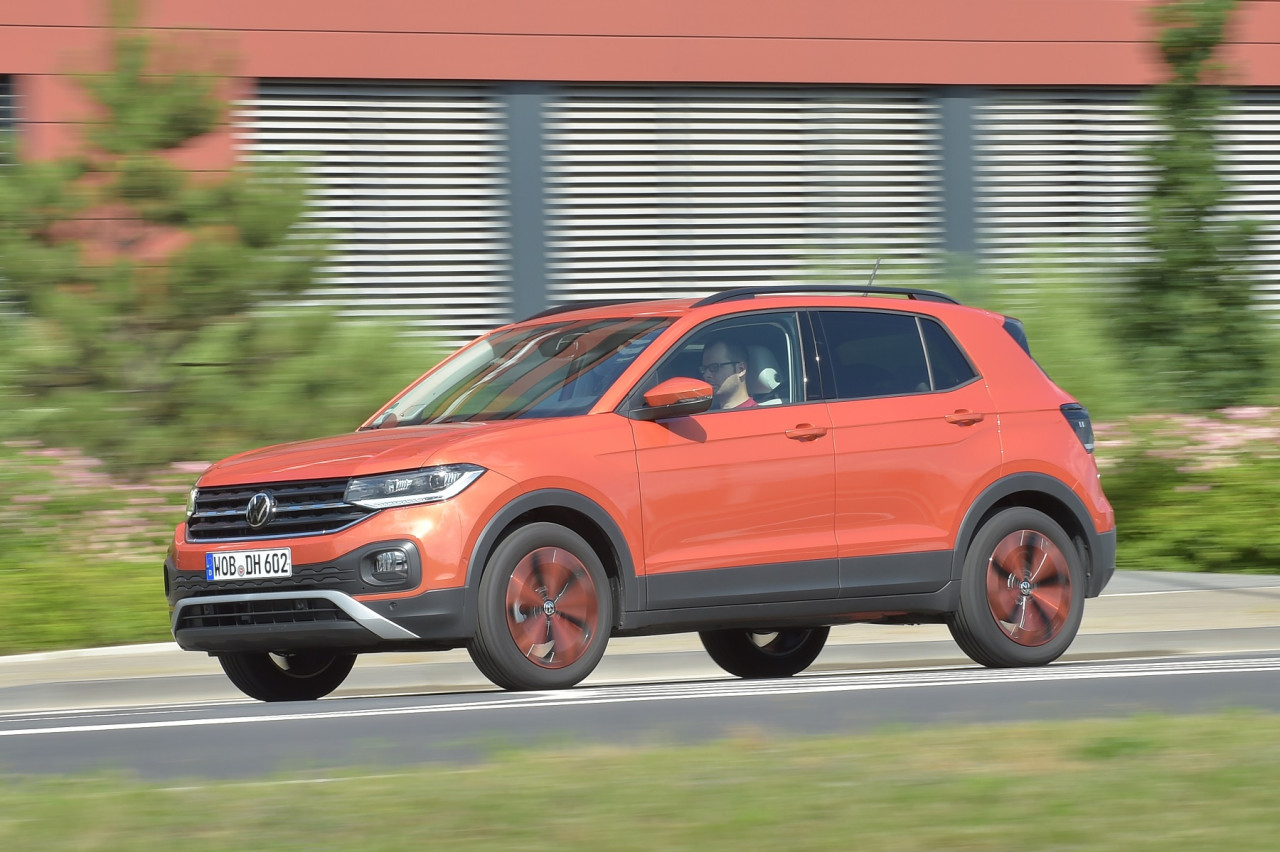
Spacious Volkswagen T-Cross offers safety at an additional cost
A square shape is still the most practical solution for room division. The Volkswagen T-Cross is proof of that. Although the car has the shortest wheelbase of the three test cars, you sit quite high and upright, allowing all occupants to accommodate their limbs with ease. In addition, the trunk of the T-Cross has a more than acceptable volume of 385 to 1291 liters. The T-Cross comes standard with a sliding rear seat, so that you can easily vary the available seating and luggage space according to your needs.
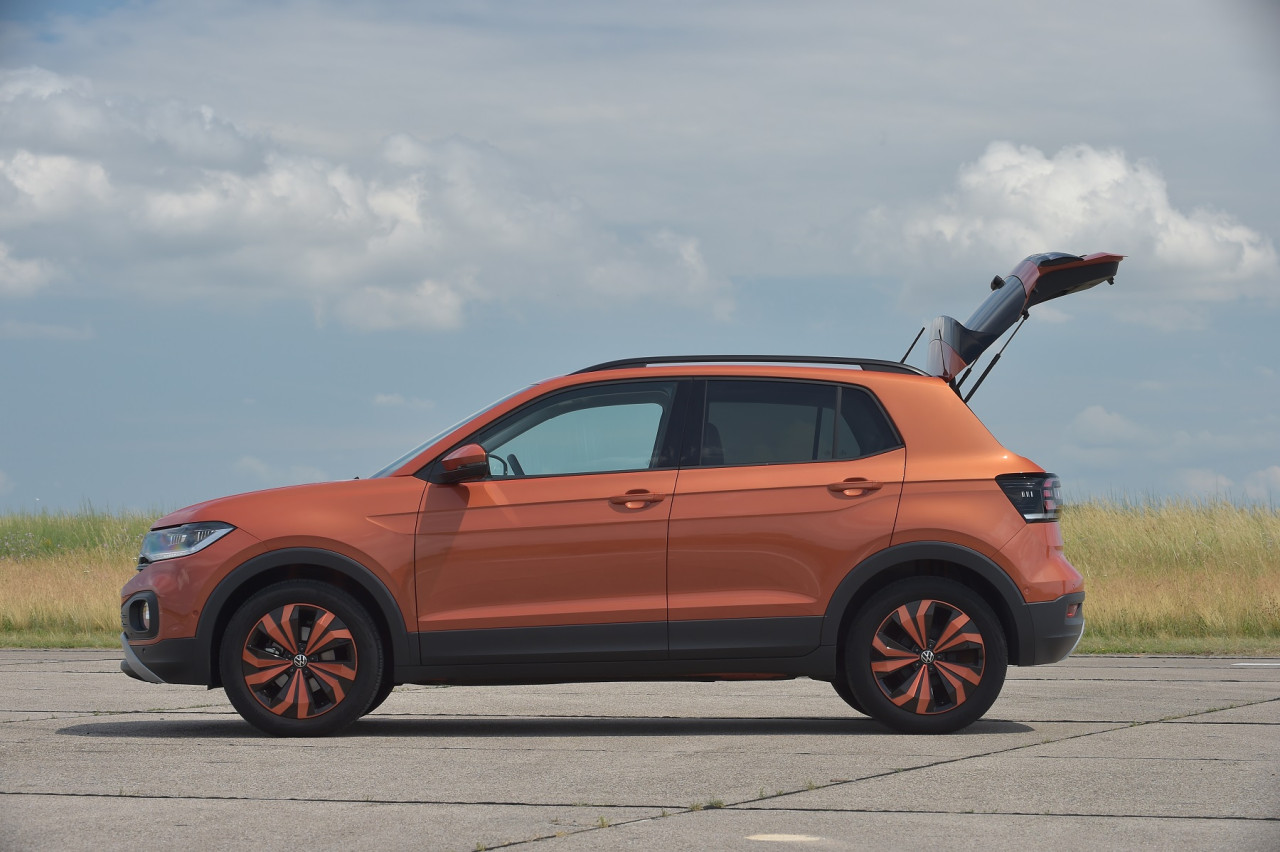
Compact SUVs are ideally suited as a family car. Because your partner and children are most dear to you, you grant them all the safety in the world. Volkswagen can offer you that in the T-Cross, but not everything comes standard. For things such as an active lane assistant, emergency braking aid with recognition of pedestrians and cyclists, sensors that read the speed signs next to the road and warn when you as a driver show signs of fatigue, a high beam assistant – it is all available, but at an additional cost.
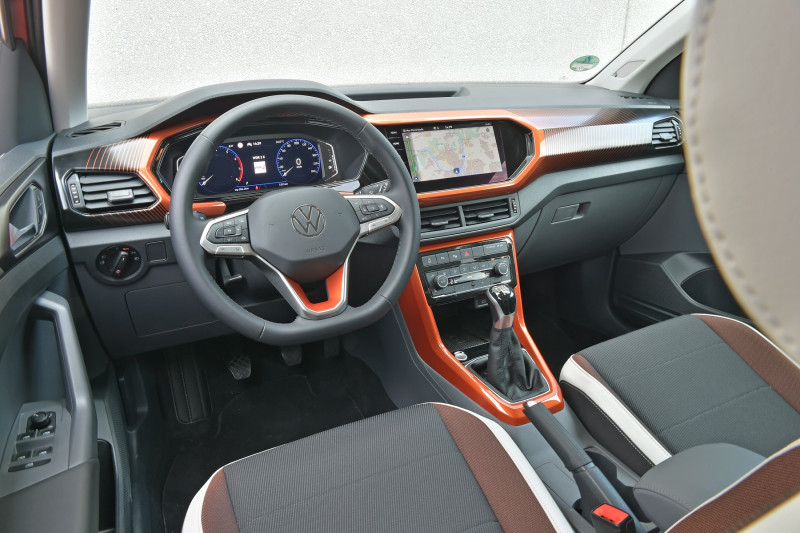
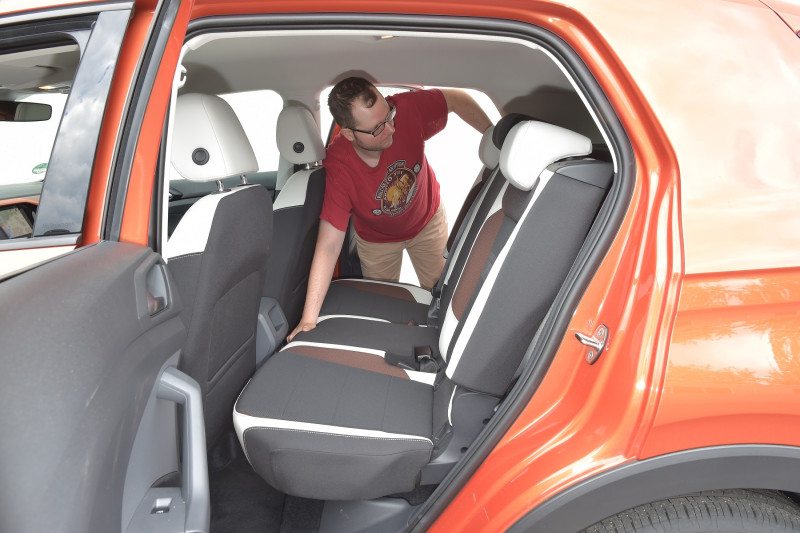
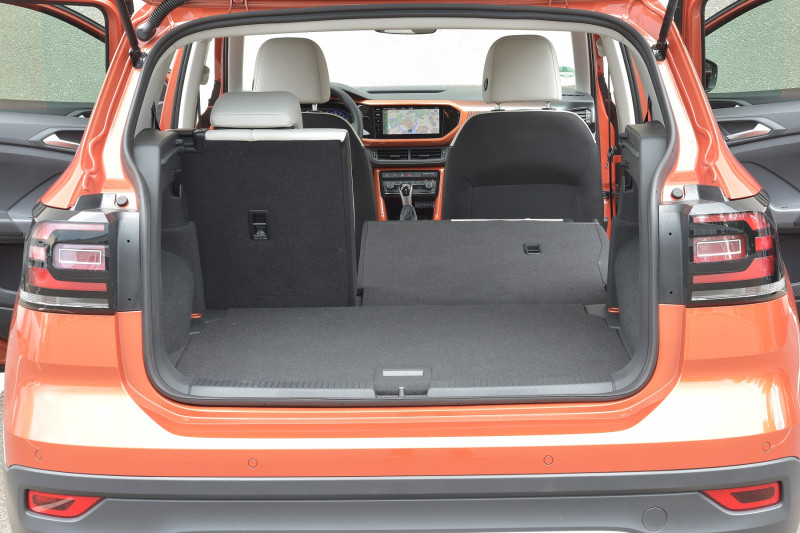
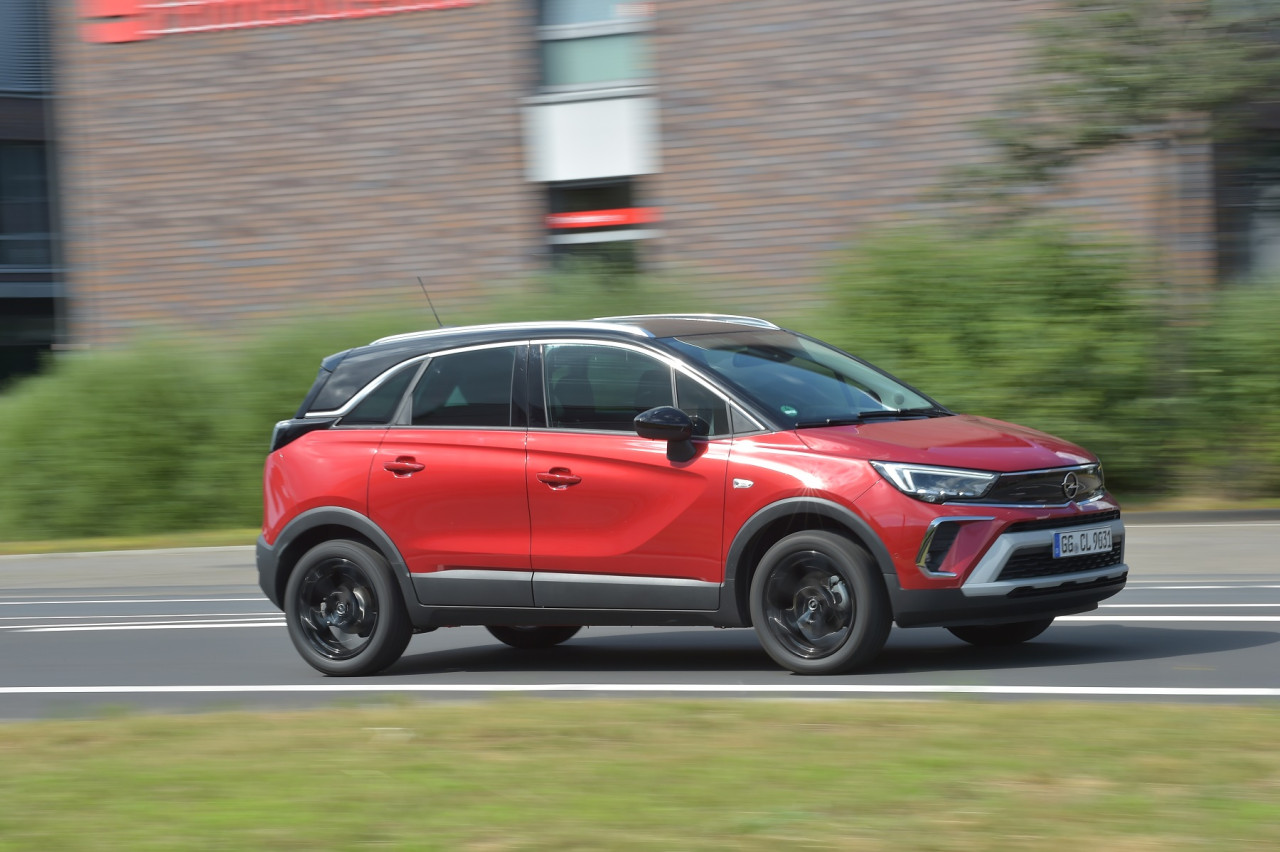
Surprisingly much space in the Opel Crossland
If we had to designate a compact SUV with a generous amount of interior space, we would not have designated the Opel Crossland in the first place. But our tape measure does not lie: in the front even a little more elbow room than in the Volkswagen, and in the back you do not have to feel constricted. The Opel Crossland surprises with the largest trunk space, which already fits 410 liters as standard. The Opel can also be supplied with a sliding rear seat, but you have to pay an additional price for this. With a maximum towing weight of 840 kilos (braked), the Crossland has less to offer than the Hyundai and Volkswagen.
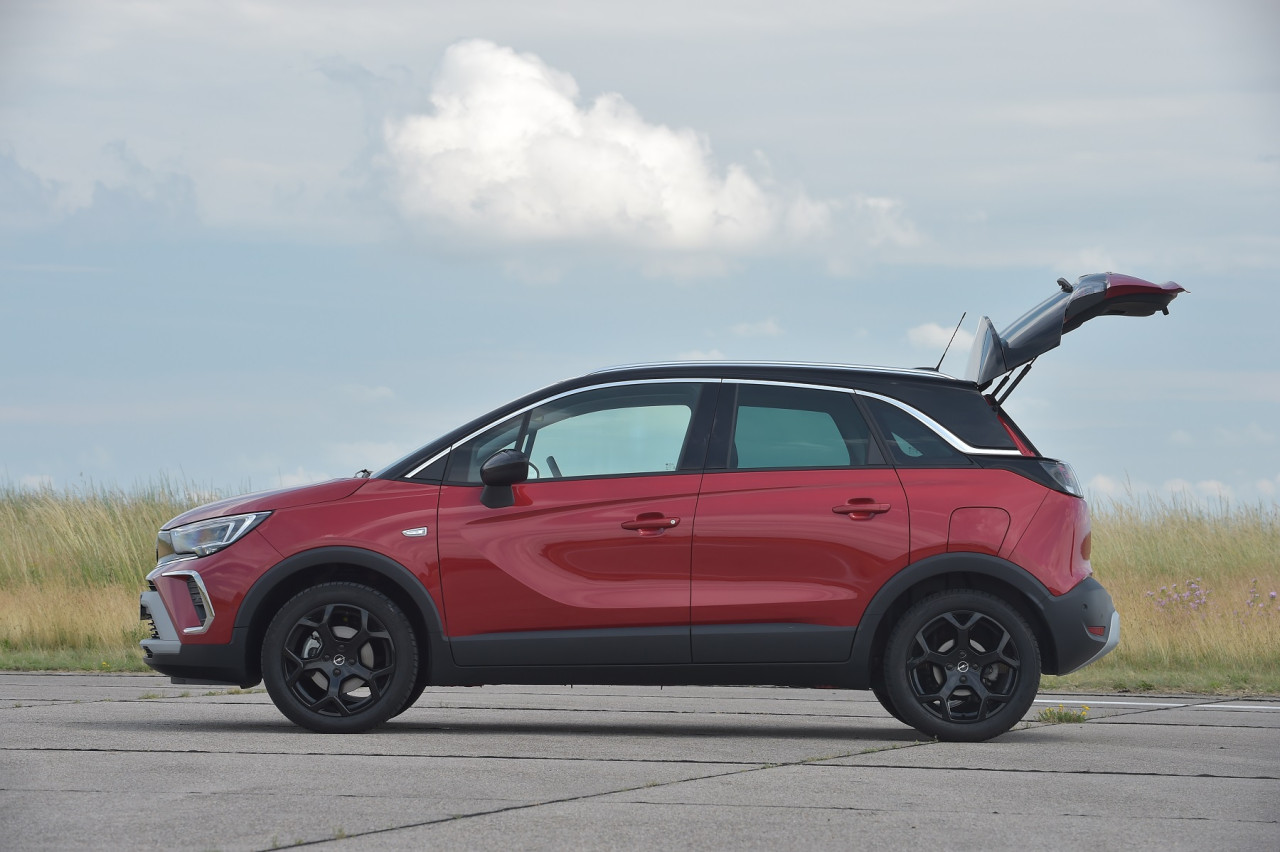
The Opel must also leave a spring in the field of safety. The options mentioned above with the Volkswagen are not available, or only on a more expensive equipment variant.
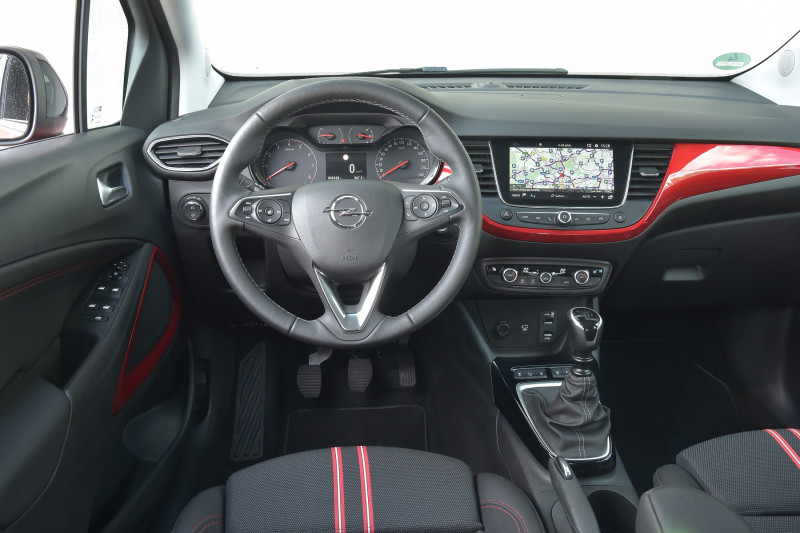
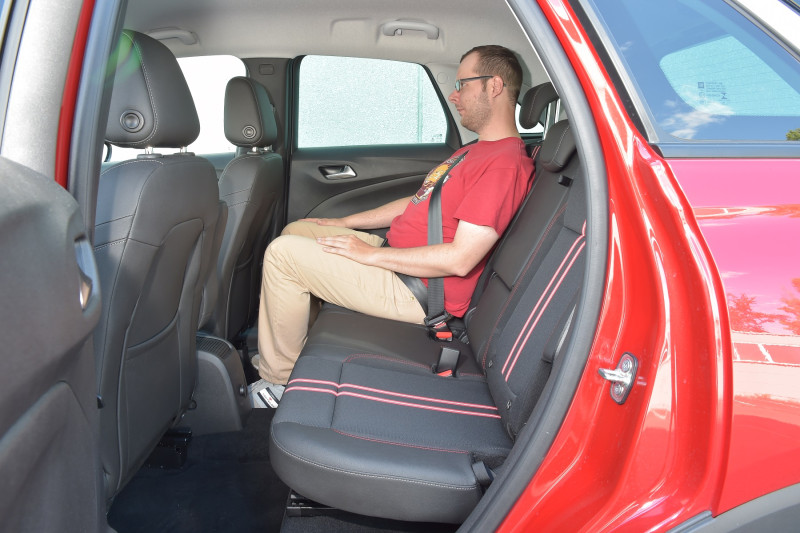
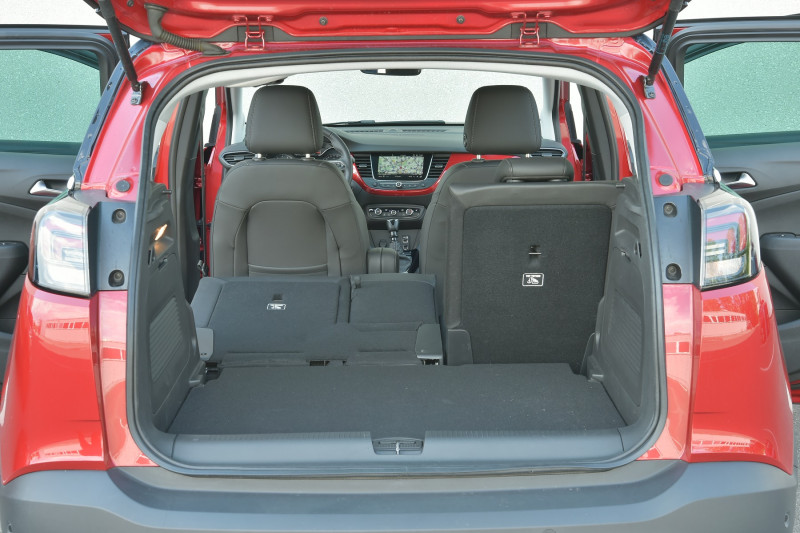
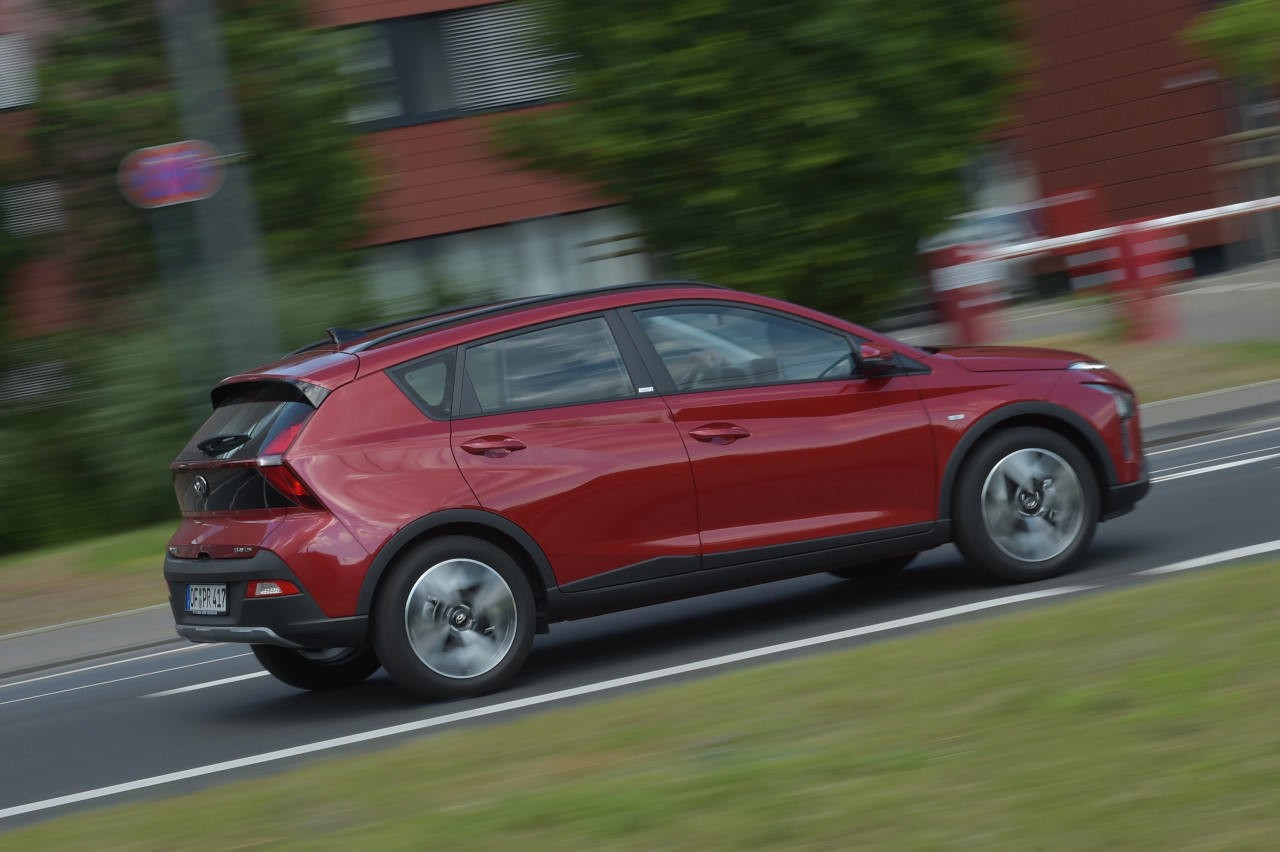
Hyundai Bayon: all safety comes as standard
Unlike the Opel and the Volkswagen, the Hyundai Bayon does not have a rear seat on rails. Not even at extra cost. That limits the flexibility of the trunk, which is a shame. With 321 liters, the Hyundai clearly has the smallest load volume, and even with the backrest of the rear seat flat, the Bayon comes off with 1205 liters.
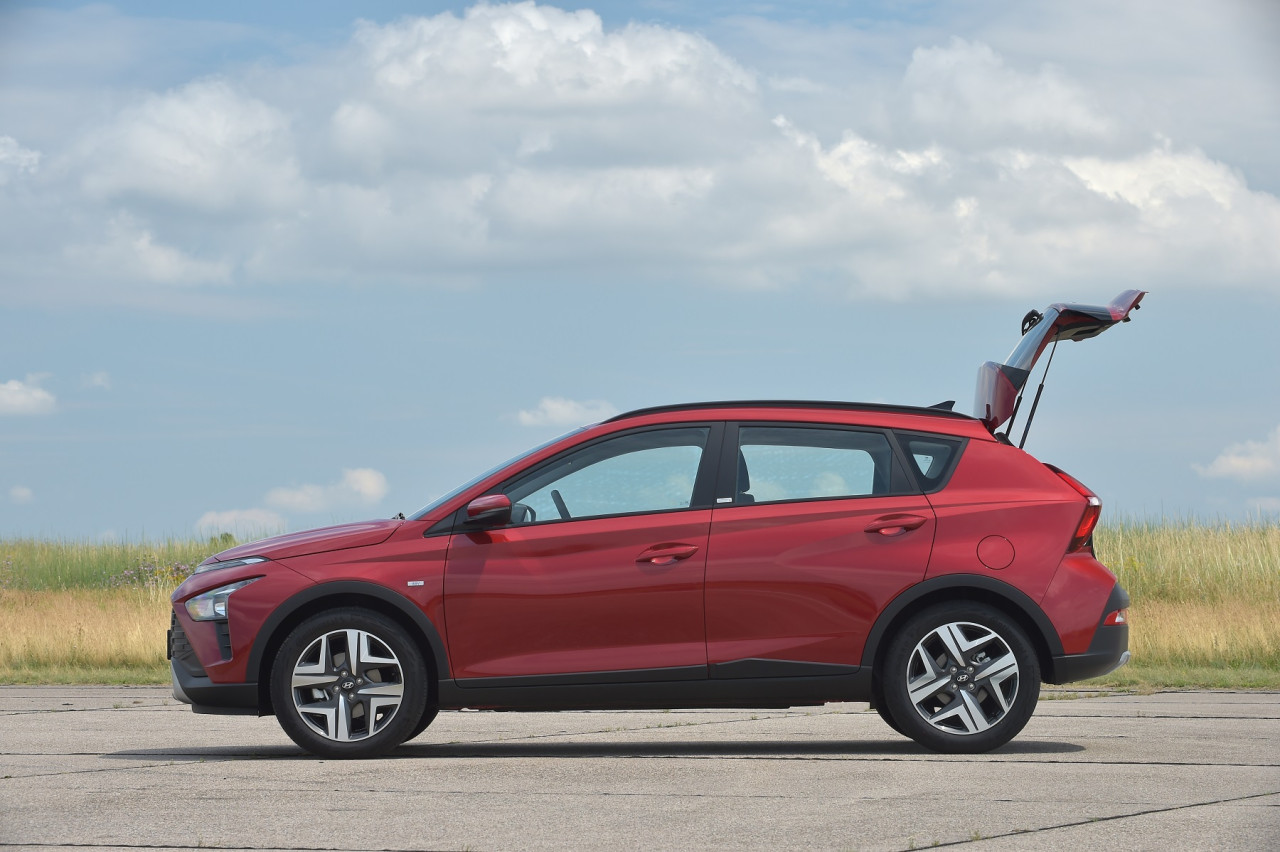
The same cannot be said about the safety equipment. Even on the base model, things such as active lane assist, emergency braking assistance with pedestrian and cyclist recognition, high beam assistant, traffic sign recognition and fatigue recognition are already standard. While the Bayon is at least 4000 euros cheaper than the Volkswagen and Opel!
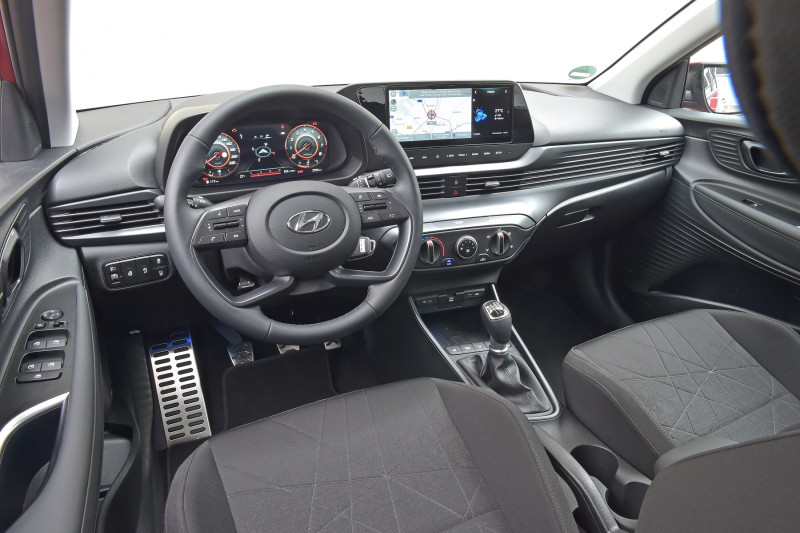
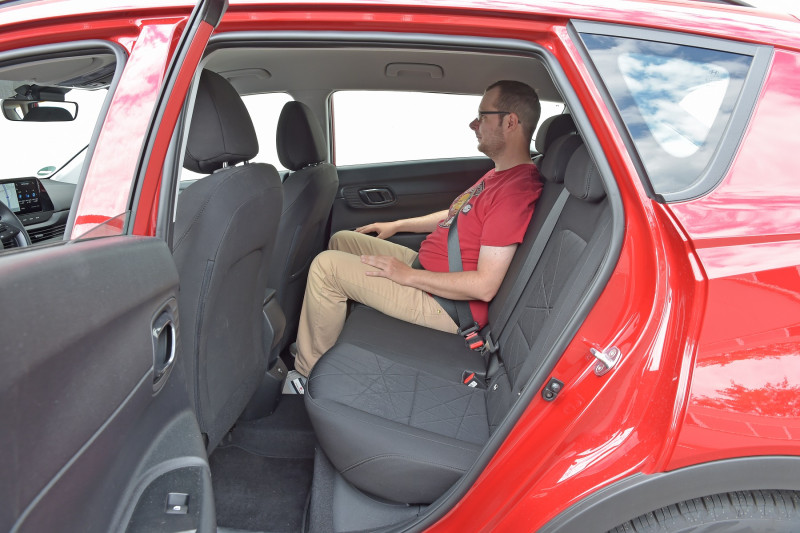
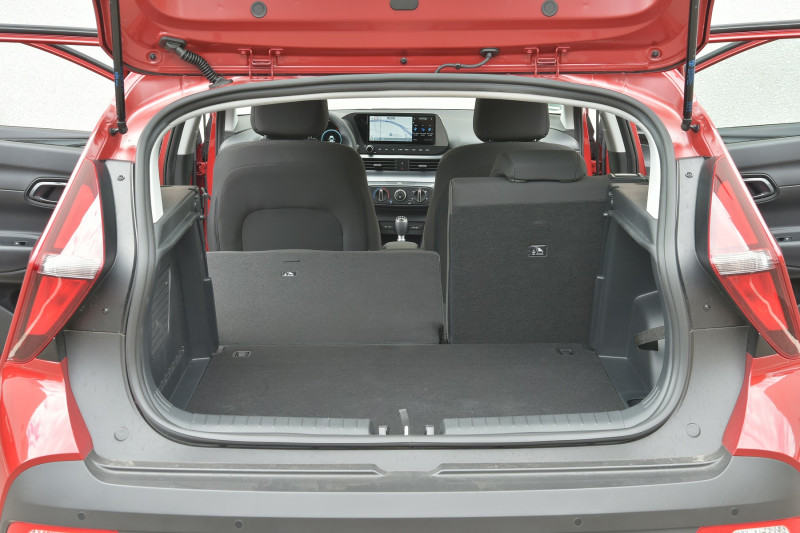
Conclusion
The Hyundai Bayon is clearly the youngest product in this test. A few years ago, when the Opel Crossland and Volkswagen T-Cross appeared on the market, complete safety equipment in a compact SUV was far from self-evident. Hyundai wants the best for the buyers of the Bayon. Only they will have to pack their luggage selectively, because the trunk of the Bayon is much smaller than that of the Opel Crossland and Volkswagen T-Cross. For some families, a large load volume is worth more than complete safety equipment.
